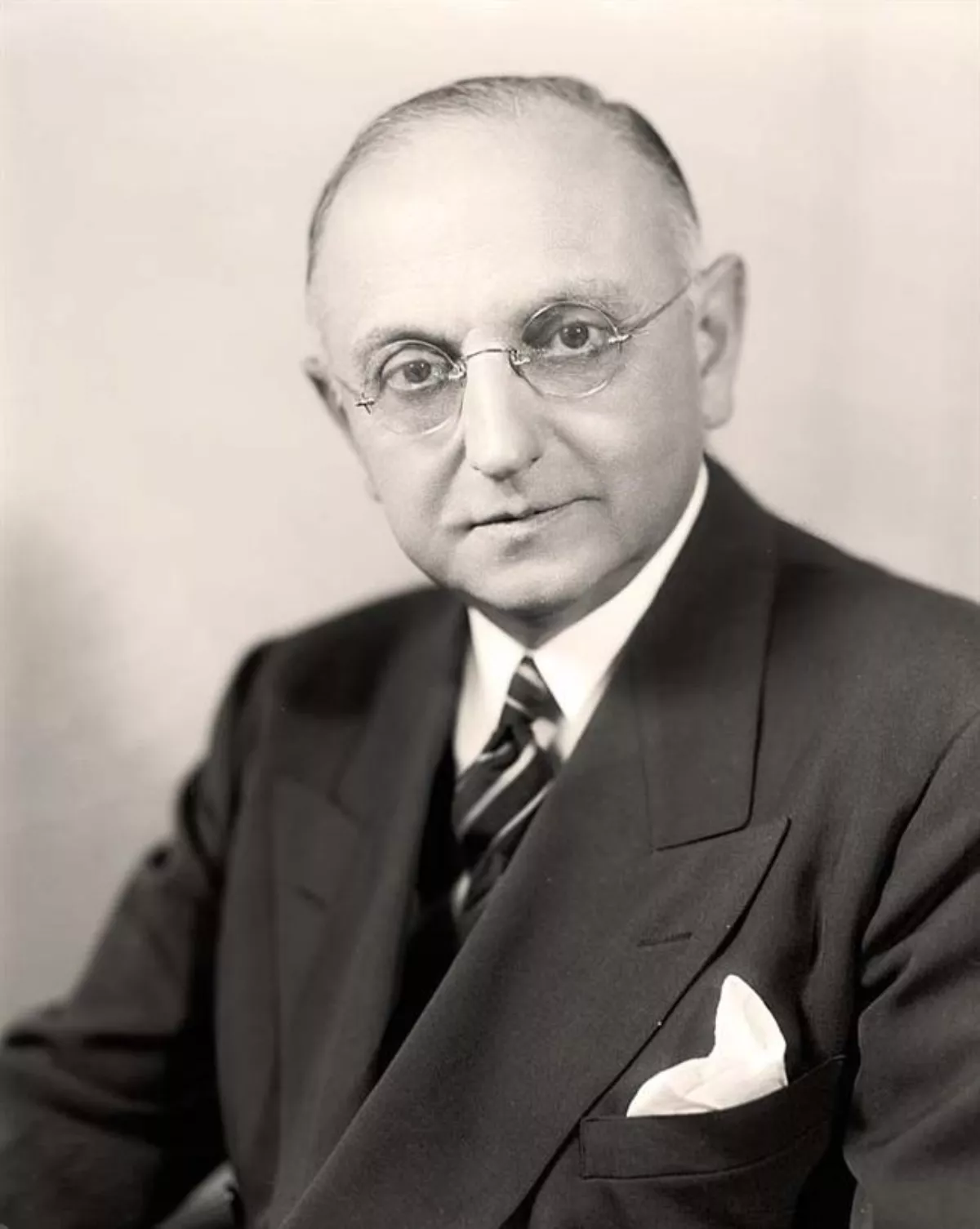 1.
1. Franklin Nathaniel Daniel Buchman, best known as Frank Buchman, was an American Lutheran who founded the First Century Christian Fellowship in 1921, renamed as the Oxford Group in 1928, that was transformed under his leadership in 1938 into the Moral Re-Armament and became Initiatives of Change in 2001.